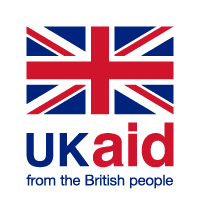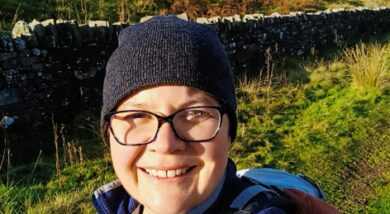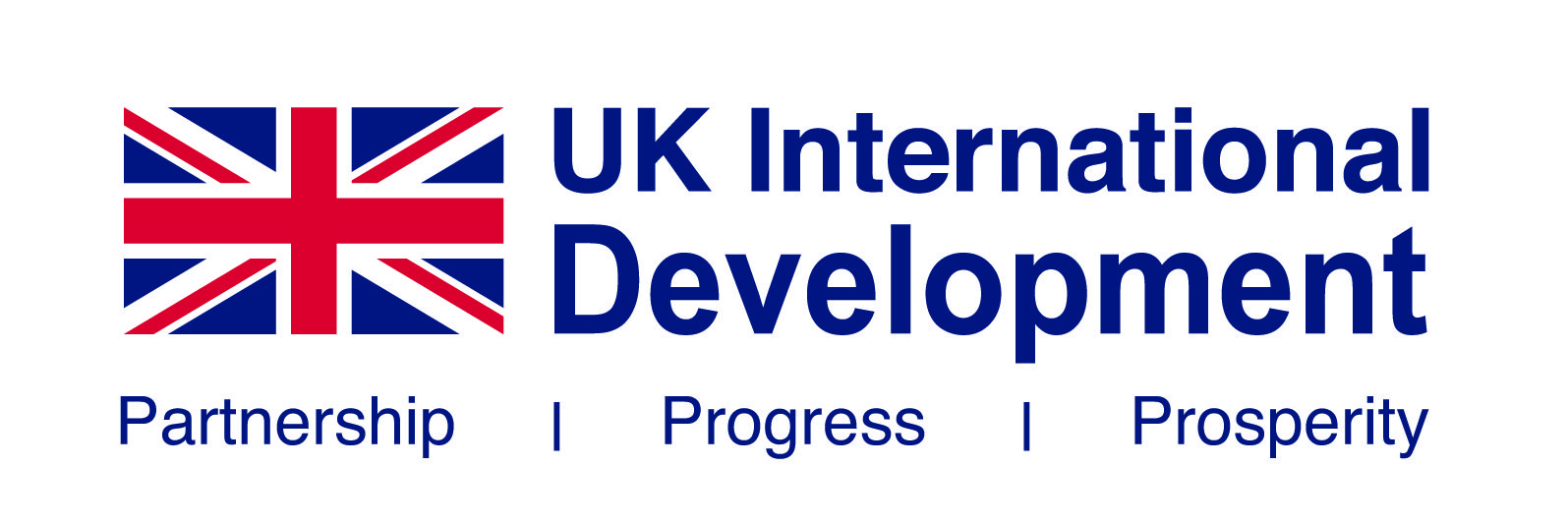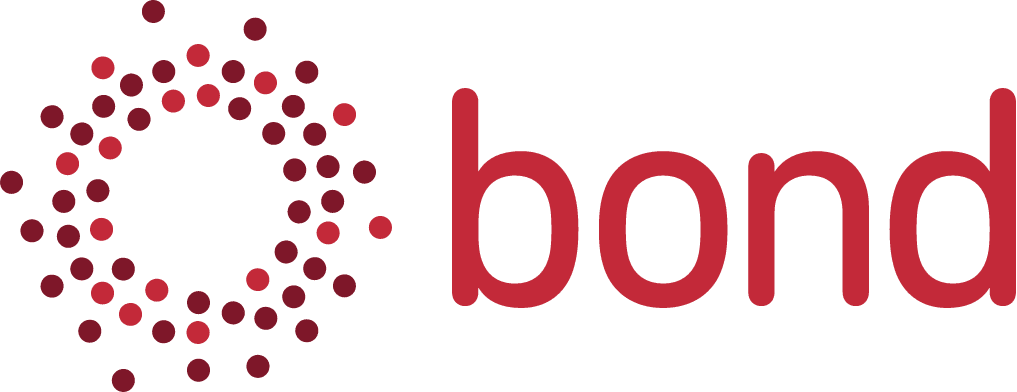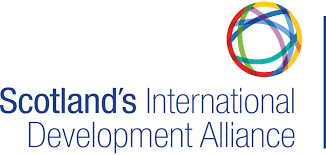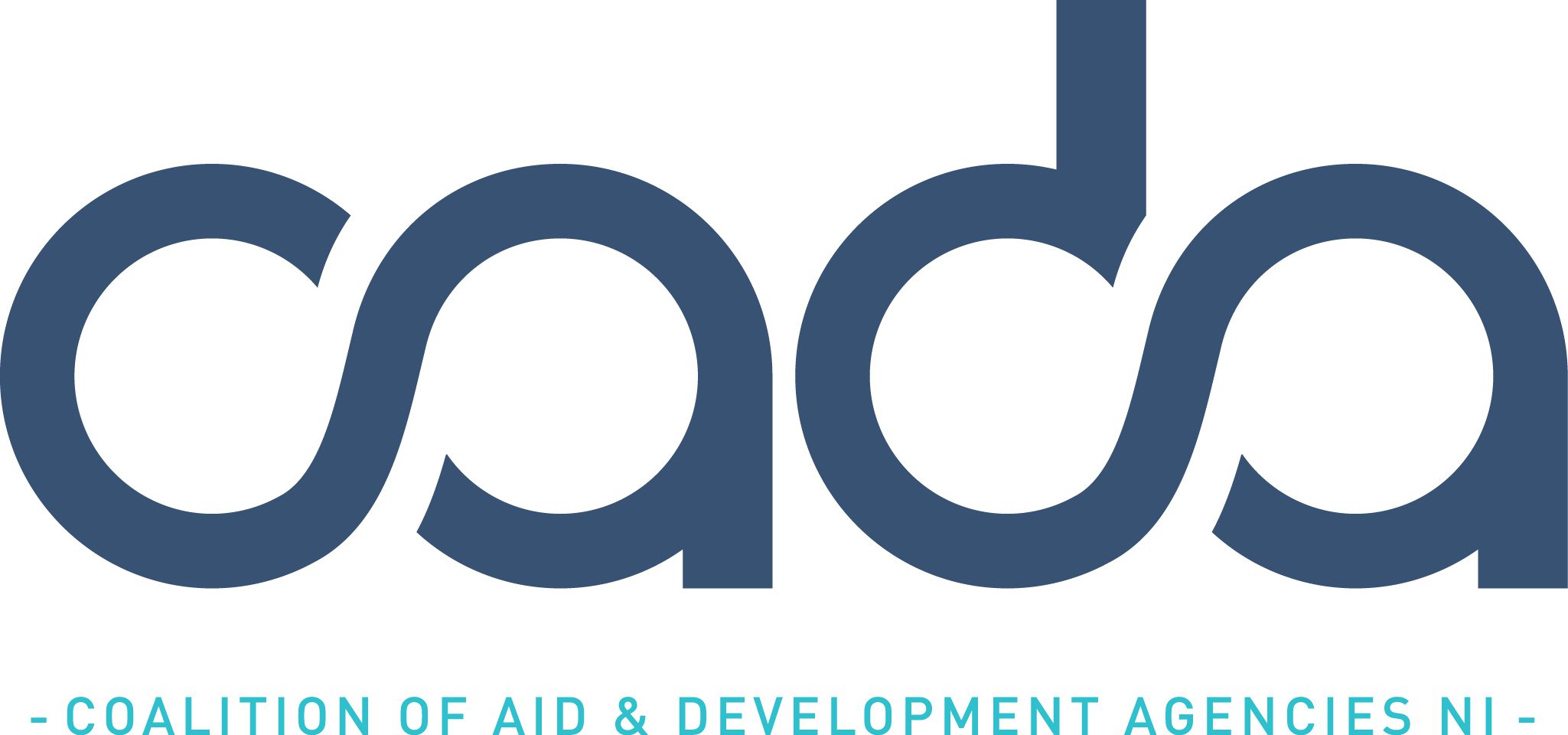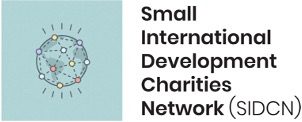11 May 2023
Water: An inconvenience for us – a crisis for millions
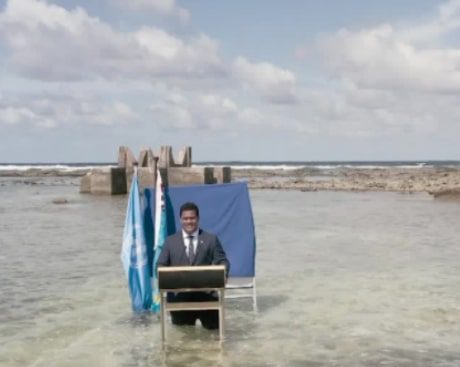
In mid-August 2022, all of South West England was declared drought-affected by the Environment Agency. That probably means where you live if you’re a SWIDN member.
Have you noticed? What have you done differently? Maybe you’ve stopped using the hose to water the garden? But let’s be honest, how many of us really water the garden? In fact, in the middle of the UK’s housing crisis, how many of us have a garden any more?
For us, it’s inconvenient to have to potentially limit our recreational use of water and for a tiny amount of the population it is really inconvenient. Northend, a village on the Buckinghamshire border, had the honour of becoming the first town in 2022 to completely run out of water. As a short-term measure it was provided in bottles and trucked in to community water points. The rest of Europe is in a similar situation with almost half of the EU countries under drought warnings with the risks of forest fires, dried-up rivers and devastated crops.
This is not the situation across the world however. For tens of millions of people, the poor management of water has led to an existential crisis. Devastating floods in Pakistan are affecting over 30 million people and an equally terrible drought in east Africa means more than 18 million people are experiencing extreme hunger in Ethiopia, Somalia and Kenya.
It is now accepted that humanity is a large part of the problem and that human induced climate change is real. The latest IPCC report shows that “emissions of greenhouse gases from human activities are responsible for approximately 1.1°C of warming since 1850-1900, and finds that averaged over the next 20 years, global temperature is expected to reach or exceed 1.5°C of warming.”[1]
So what influence or impact can SWIDN members have on the water and climate crisis? To answer this, I find it easiest to think of the work we do here at Frank Water in three categories that interact with each other as a Venn diagram. The three areas are Programmes, Research and Advocacy.
Let’s take Programmes first. This covers the actions and (hopefully) impacts that are happening overseas with the communities your NGO is focusing on. Let’s start with the basics: all of life and all of your programme work is reliant on water and therefore good water management. It doesn’t matter whether you work on education, gender, agriculture, micro-finance or any other area SWIDN members cover – all of it relies on good water management.
Could we make a useful contribution to overcoming local water insecurity if every SWIDN member conducted a community (or watershed) water balance at the very minimum before starting a piece of work? If you don’t know what a water balance is, it’s time to start thinking about how your work is impacting and being impacted by the twin crisis of climate change and water. We have a free (award winning!) app and toolkit to help you with water balances and other ways of assessing water – it’s available here.
Second, we have Research. This is something that we are great at in the South West with lots of top class academic institutions and even a dedicated group of four universities that have formed the GW4[2] to focus specifically on the water crisis. We have researchers at UWE who are leading research on water insecurity and have some simple questions that you could add to any household survey – it’s called the Household Water Insecurity Scale or HWISE.
Why don’t you add HWISE[3] to your next baseline and endline surveys?
Lastly, we have Advocacy. This can be at the local (programme) level or at a country or international level. For us at Frank Water, the most recent international advocacy was at the Glasgow COP last Autumn. We were highlighting work on water management and how we can standardise hydrological processes so that local NGOs and government departments can fully understand and manage their water resources. Advocacy is perhaps where we at SWIDN can come together to battle the twin crisis of climate change and water shortages.
At the Glasgow COP, we ‘urged’ rich countries to pay £100 billion per year for ‘loss and damage’ in the global south. So far, we have only ever reached 80% of this. At the same time, global government subsidies for fossil fuels have doubled to $700 billion per year [4] and in the first six months of 2022, five leading oil companies (BP, Shell, ExxonMobil, Chevron and Total) made profits of nearly $100bn.
Surely the time is now to realise that SWIDN members can take action to limit the impacts of the water and climate crisis in our programmes, to understand its impacts through our research and to advocate for more funding for ‘damage and loss’ and less funding for fossil fuels.
In your programmes, research and advocacy I urge you to think of water as climate and climate as water. There is even a campaign of that name so maybe as a first step, go to http://climateiswater.org/ or give me a call at Frank Water.
[1] https://www.ipcc.ch/2021/08/09/ar6-wg1-20210809-pr/#:~:text=The%20report%20shows%20that%20emissions,1.5%C2%B0C%20of%20warming.
[3] https://hwise-rcn.org/hwise-community/
[4] https://www.theguardian.com/environment/2022/aug/31/fossil-fuel-subsidies-almost-doubled-in-2021-analysis-finds

